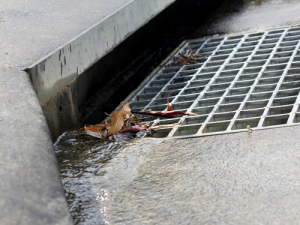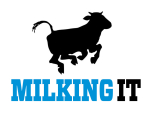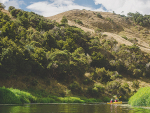Water New Zealand president-elect Dukessa Blackburn-Huettner says while there has been a lot of discussion about the role of industry and agriculture, as New Zealanders, we all need to play our part in keeping our rivers healthy and clean.
Last Sunday was World Rivers Day where communities around the world celebrate waterways and look at what we all need to do to improve the stewardship of rivers.
“We need to remember that, historically, urban stormwater run-off from roads, carparks and so on was not treated before ending up in our rivers or underground waterways,” she says.
“This means that pollutants such as sediments, heavy metals, litter, cigarette butts, petrol, oil and lead all end up going untreated into a local stream or river before it gets to the sea. As well as petrol and oil, tipping things like cleaning products and paint down the drain poisons plant life and the animals that feed off it.”
However, she says there is a whole raft of simple things we can all do to lessen the impact of our activities on our waterways. These include keeping gutters free of sticks and rubbish, avoiding materials such as uncoated copper guttering and zinc roofing, cleaning up pet waste, picking up plastic bags and rubbish and washing cars on lawns.
“We want to get the message clear that washing poisons and pollutants down to underground stormwater drains does not get rid of the pollution rather it moves it to our waterways.”
In Auckland, in what has become a design and bio-engineering showcase for urban stream restoration, two tributaries of the Avondale stream have been day-lighted from their culverts in the La Rosa Reserve in Green Bay.
“This is a great example of Auckland Council designers and engineers working closely with the local community”, says Blackburn-Huettner, who alongside her role at Water New Zealand is healthy waters operations and planning manager at Auckland Council.


















